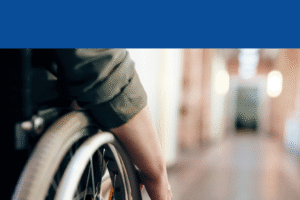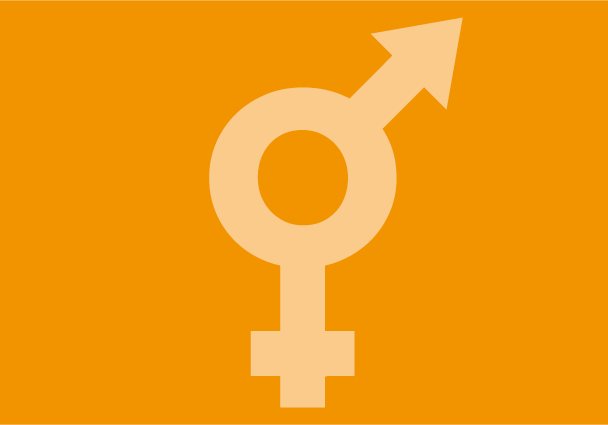
Feb 14, 2012
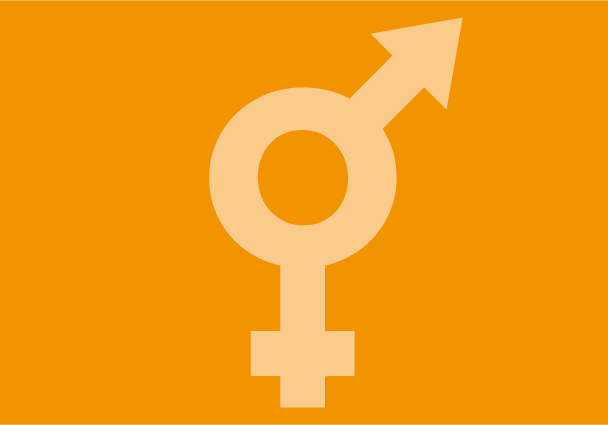 The ICJ wrote a letter to Special Rapporteur on the situation of human rights defenders about a physical attack on Caleb Orozco in Belize City as he was returning from an international LGBT human rights conference.
The ICJ wrote a letter to Special Rapporteur on the situation of human rights defenders about a physical attack on Caleb Orozco in Belize City as he was returning from an international LGBT human rights conference.
Belize-attention situation defenders-open letter-2012 (full text in English, PDF)
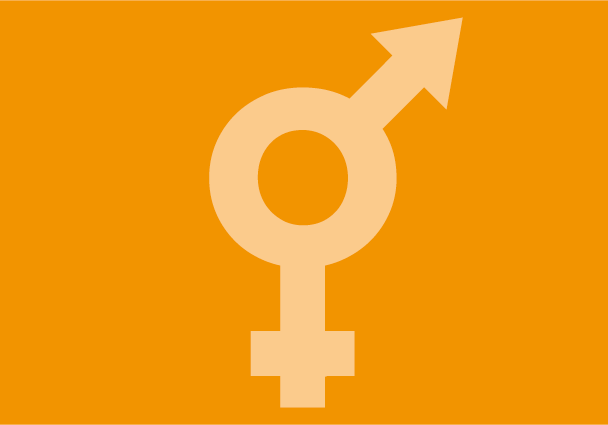
Feb 9, 2012
 The ICJ and Interights submitted a third-party intervention in this case.
The ICJ and Interights submitted a third-party intervention in this case.
In the case of Vejdeland and Others v Sweden, the European Court of Human Rights unanimously held that the conviction of the four applicants for “agitation against a national or ethnic group” was not contrary to Article 10 of the European Convention. The applicants had distributed leaflets at a school about the negative influence of “homosexual propaganda” in education and stating that “homosexuality has a morally destructive effect on the substance of society.” The ICJ and Interights argued that sexual orientation should be treated in the same way as categories such as race, ethnicity and religion, which are commonly covered by hate speech and hate crime laws, because sexual orientation is fundamental to a person’s sense of self and is used as a marker of group identity. The Court agreed, stressing that “discrimination based on sexual orientation is as serious as discrimination based on race, origin or colour.” The interference pursued a legitimate aim, that of protecting the reputation and rights of others, and was necessary in a democratic society. There was therefore no violation.
Case Vejdeland Sweden-Judgment-2012 (full text in English, PDF)
Case Vejdeland Sweden-legal submission-2012 (full text in English, PDF)
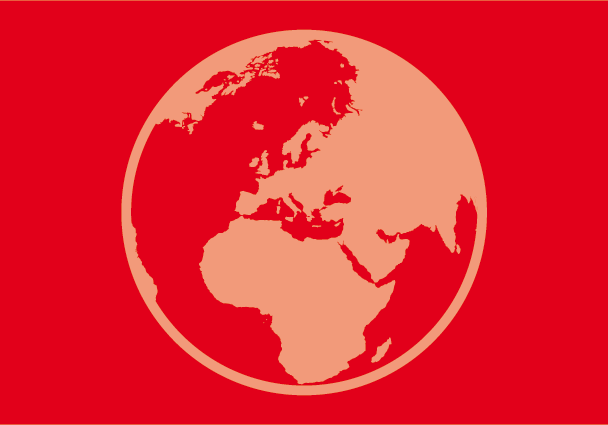
Dec 20, 2011
 The ICJ welcomes the release of the first ever United Nations report on human rights, sexual orientation and gender identity.
The ICJ welcomes the release of the first ever United Nations report on human rights, sexual orientation and gender identity.
The mandate for the report came from a UN Human Rights Council resolution introduced by South Africa last June. The report documents widespread discrimination and violence faced by LGBT people worldwide, and calls on States to apply the international legal framework to end these human rights violations. The findings of the report are due to be presented and discussed by governments at an expert-led panel at the Human Rights Council in March 2012.
laws acts individuals-UN report-2011 (download the UN report in English, PDF)
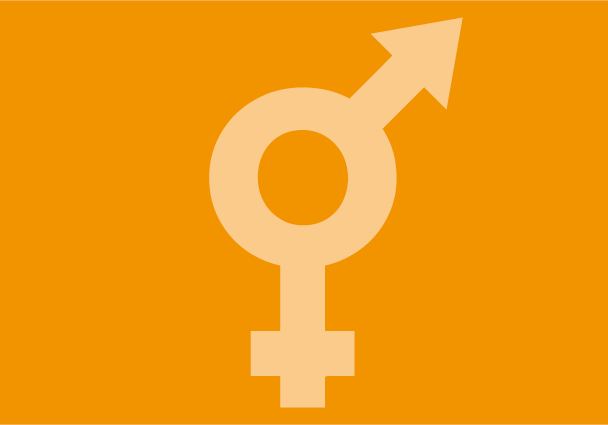
Dec 5, 2011 | News
 The ICJ Condemns Nigeria’s “Same-Sex Marriage” bill and urges house, president to reject it.
The ICJ Condemns Nigeria’s “Same-Sex Marriage” bill and urges house, president to reject it.
Nigeria-same-sex bill-press release-2011 (full text in English, PDF)

Sep 16, 2011
In Ladele & McFarlane v. United Kingdom, the applicants argue that the failure of their employers to grant them a religious exemption from serving same-sex couples is a violation of their rights under Article 9 of the European Convention. Ladele, whose case was profiled in Sexual Orientation, Gender Identity and Justice: A Comparative Law Casebook, was a town registrar who claimed a religious objection to performing civil unions for same-sex couples. McFarlane was a relationships counsellor who objected to providing psycho-sexual therapy for same-sex couples on religious grounds. In its Submission, the ICJ argues that comparative law and practice demonstrate no support for exemptions from non-discrimination and equality laws for religiously motivated individuals. In fact, the laws and judicial decisions of States both within and outside the Council of Europe demonstrate the overriding importance attached to the objective of eradicating sexual orientation discrimination.

 The ICJ wrote a letter to Special Rapporteur on the situation of human rights defenders about a physical attack on Caleb Orozco in Belize City as he was returning from an international LGBT human rights conference.
The ICJ wrote a letter to Special Rapporteur on the situation of human rights defenders about a physical attack on Caleb Orozco in Belize City as he was returning from an international LGBT human rights conference.







